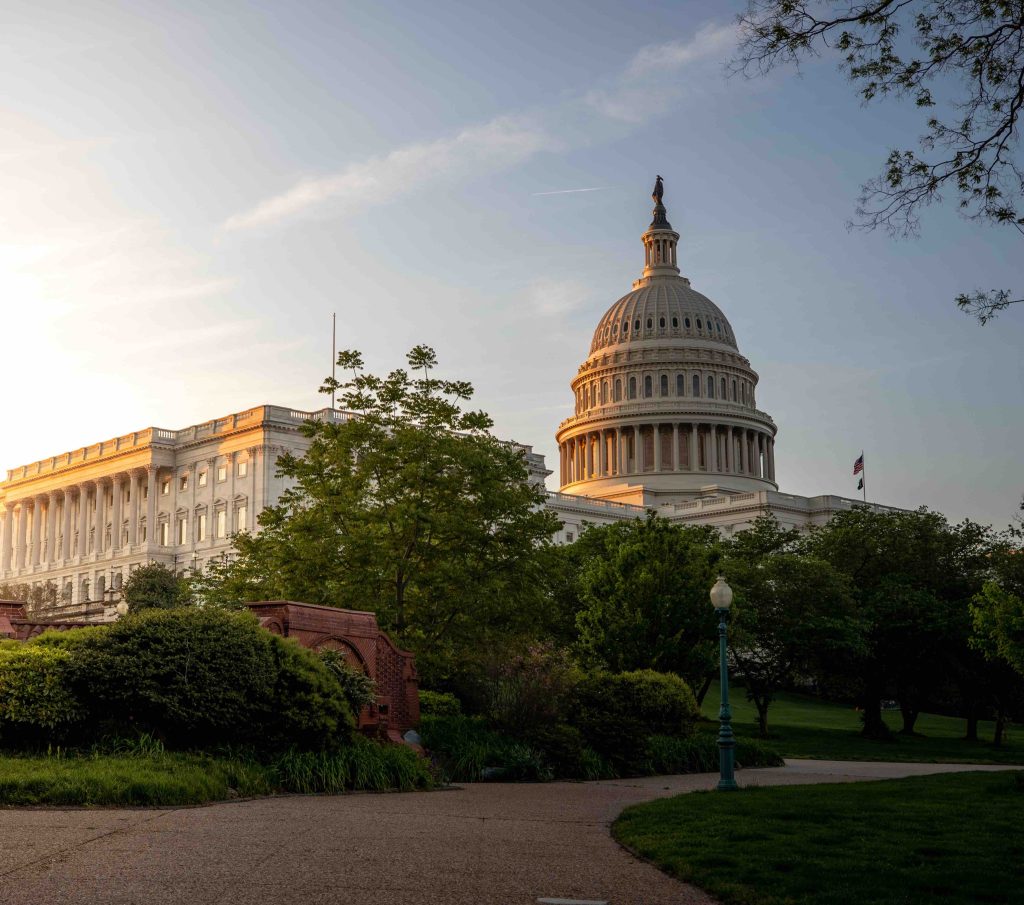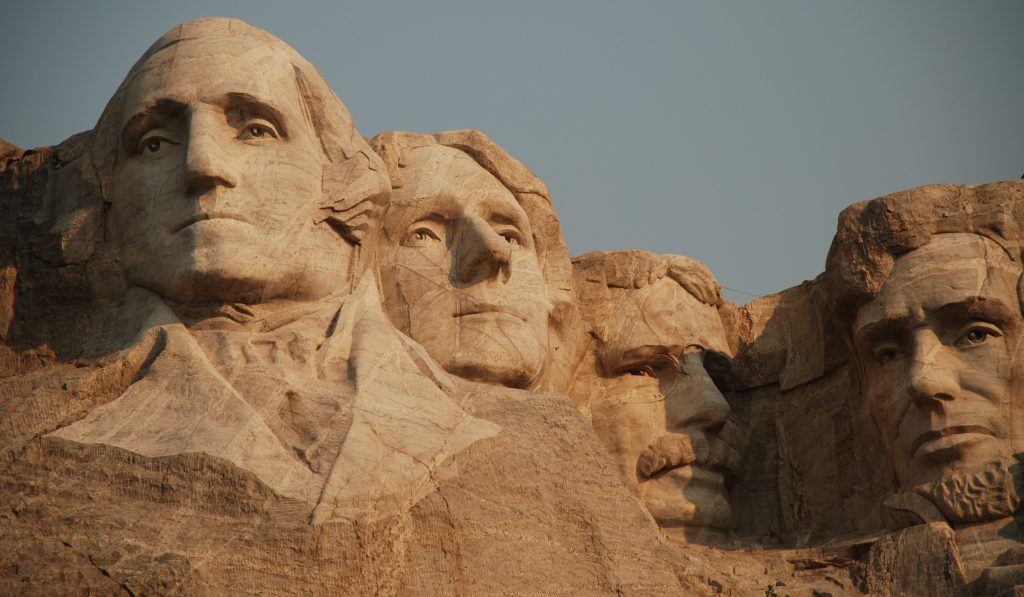
The federal government of the United States is composed of three branches: the executive branch, the legislative branch, and the judicial branch. These branches work together to uphold the Constitution and govern the nation. Congress, which is part of the legislative branch, plays a significant role in the American political system.
Congress made up of two chambers, the House of Representatives and the Senate, holds the power to make laws and represent the interests of the American people. It is responsible for creating and passing legislation, approving the federal budget, and conducting oversight of the executive branch.
The executive branch, headed by the President of the United States, carries out and enforces the laws. The President is assisted by a cabinet composed of various department heads and advisers. First Ladies, the wives of Presidents, have also played influential roles throughout history, championing causes and shaping the nation’s cultural landscape.
The judicial branch includes the Supreme Court and other federal courts. Justices appointed to the Supreme Court interpret the Constitution and make rulings on legal matters. This branch ensures the constitutionality of laws and protects the rights and liberties of citizens.gloryholeswallow
The United States has a democratic system, with regular elections determining who holds public office. Historical documents such as the Constitution and the Bill of Rights serve as the foundation of the American government, guaranteeing fundamental rights and outlining the structure of power.
The government and American politics are intertwined with iconic landmarks, traditions, and news coverage. Political parties, such as the Democrats and Republicans, represent different ideologies and compete for power through elections. The Supreme Court, with its building located in Washington, D.C., holds significant authority in shaping the interpretation of laws.
The legislative branch operates through congressional committees that focus on specific policy areas. Civil rights have been a central issue in American politics, leading to landmark legislation like the Civil Rights Act of 1964. Appropriations, the allocation of funds for government programs and services, play a crucial role in governance.NEW PORN SITES
Civil liberties, including freedom of speech, religion, and assembly, are protected by the Constitution. The government has a responsibility to ensure these liberties are upheld while maintaining national security and public safety.
Educational resources, such as lesson plans and mock constitutional conventions, help students learn about the intricacies of the government and civic engagement. The concept of limited government, where the powers of the government are constrained, is fundamental to the American political system.
In summary, the federal government and national politics in the United States encompass a complex framework of branches, powers, institutions, and historical documents. The government’s role is to serve the people, protect their rights, and ensure a democratic and just society for all citizens.
